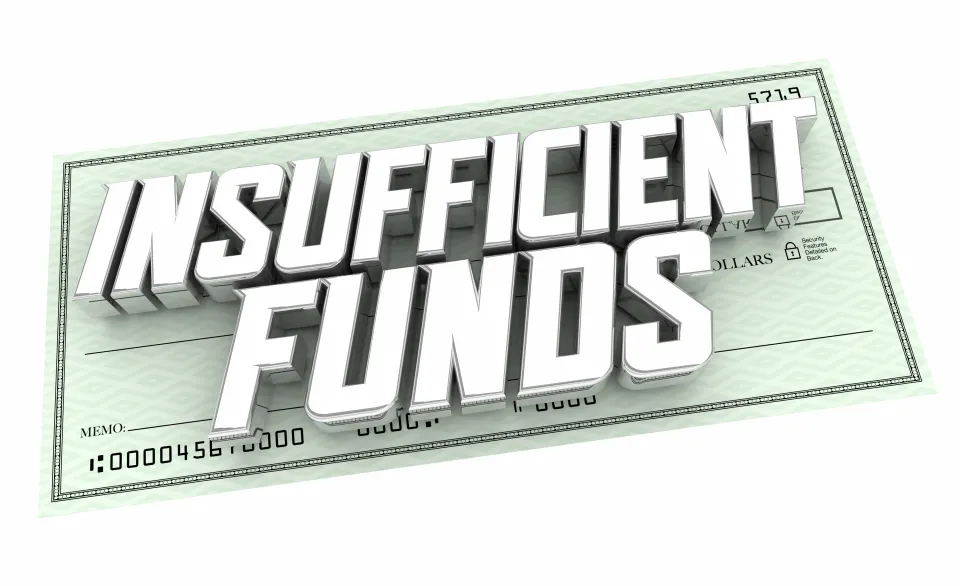Making transactions without funds can be very expensive, banks will charge you a fee for each failed transaction. So you must be very alert
If you have little money, you have to be clear about it and know how to use the amount in your favor, and most importantly, avoid overdraft fees. These are activated when you use more funds than you actually have. If you think that the first thing the financial institution will do is reject the charge made, you are wrong, they will give authorization, but you will be charged a fee for it.
According to research from CNET, the costs of overdraft fees could range from $30 to $35. Other banks act a little differently: they decide to reject the payment and, in addition, they will charge you a fee for having tried it, this means that you will owe additional money for having made a transaction without funds.
While some banks are reducing or eliminating overdraft fees, they remain a significant penalty for consumers.
According to an investigation by the Consumer Financial Protection Bureau (CFPB), banks made $15.47 billion from overdraft fees in 2019 in the United States.
Also, you should be careful about racking up multiple overdraft fees. And it is that, if you do not realize that you do not have enough balance to make a purchase, and you continue making purchases, the bank will charge you an overdraft fee for each transaction that you make and that is exceeding the available funds. So you can accumulate several accounts payable.
According to the CFPB, about 9% of consumers in the United States account for about 80% of all overdraft and non-sufficient funds fees.
In a survey conducted by Morning Consult, which was carried out during 2021, it was found that more than half of the respondents reported overdrafts in previous years, and almost 40% said they had done so in the last year.
How much are paid for overdraft fees
Overdraft fees will vary according to the financial institution in which the service is located. A general average is $30 per transaction, according to the Federal Deposit Insurance Corporation.
For Bankrate, who also did research on the matter, overdraft fees currently cost $33.58 on average. The fees for overdraft are fixed, that is, the same will be paid if a consumer exceeds by $1 dollar as if he exceeds by $200 dollars.
